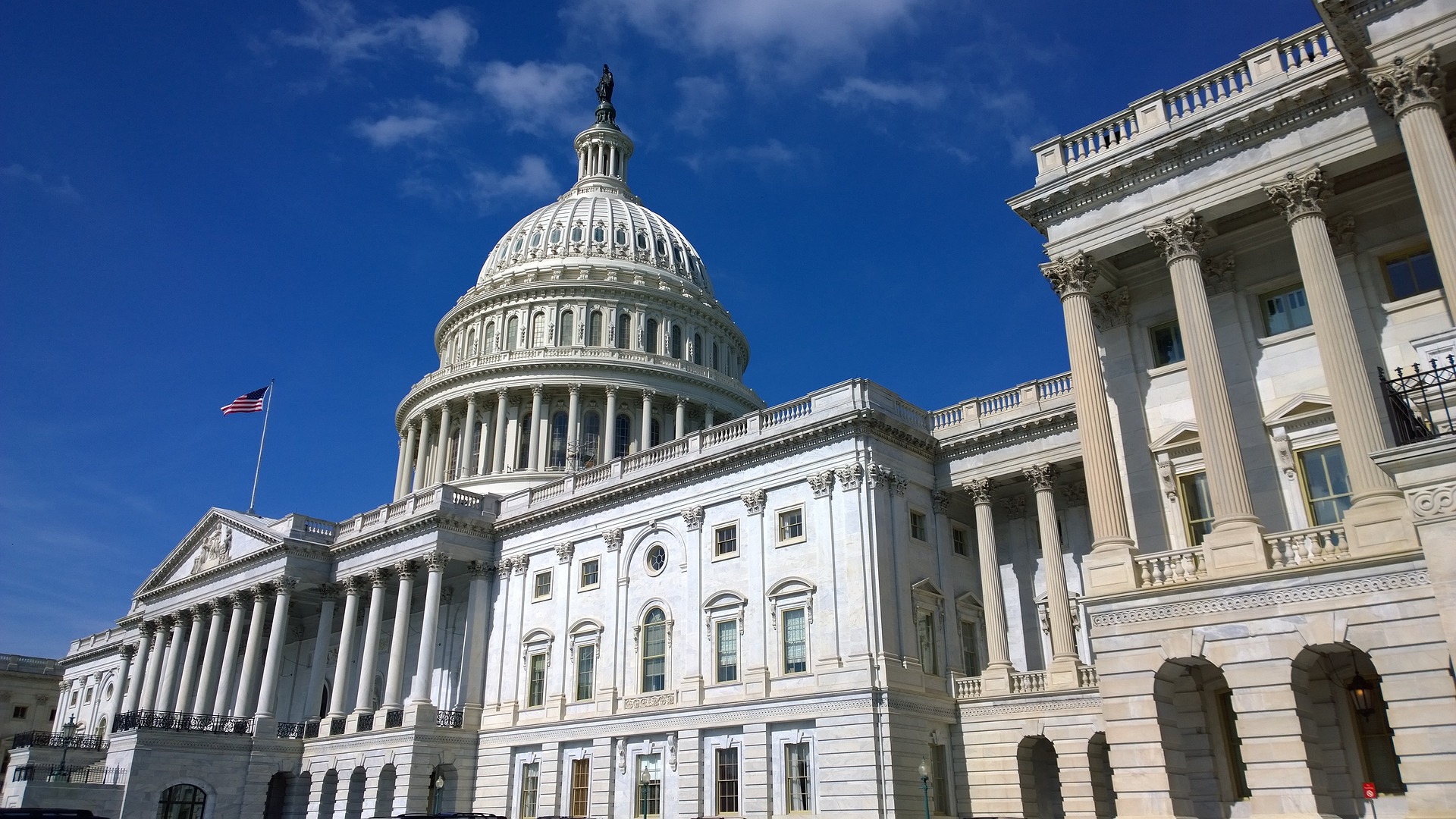Federal healthcare transparency efforts are in full swing following President Trump’s issue of an executive order Monday, June 24, directing administration officials to issue rules requiring: (1) publication by hospitals of amounts negotiated with insurers; 2) disclosure of out-of-pocket costs to patients by providers and insurers before the patients receive care; (3) consolidation of quality measures across healthcare programs; and (4) provision by Medicare and Medicaid officials of de-identified data to researchers.
The executive order comes during Senate deliberations on the bipartisan-sponsored Lower Health Care Costs Act of 2019, which focuses on surprise billing and drug pricing but includes provisions that would create a national all-payer claims database (APCD) and could enhance state-based APCDs with self-funded health plan data. Currently, states are federally pre-empted from mandating that self-funded health plans contribute data to state-based APCDs, including the one in Arkansas administered by the Arkansas Center for Health Improvement with oversight by the Arkansas Insurance Department. A federal effort could resolve this data challenge for state APCDs.
Since Jan 1, 2019, hospitals have been required by the federal government to post their charges online. This requirement is intended to promote transparency, but in reality, this information is not very useful to consumers because what is charged is usually not the same as what is paid. Some states and private companies have begun providing more useful information by creating websites that list median prices paid for certain procedures at hospitals, such as My Medical Shopper, a privately operated website that uses data obtained from the Arkansas APCD and other sources.
Hospital groups have expressed concerns about publishing negotiated amounts, noting Federal Trade Commission statements that this could result in increased spending. Insurers have suggested that requiring disclosure of negotiated amounts distracts from the trend of paying for value rather than volume and perpetuates the old fee-for-service system. Proposed federal regulations will set forth the level of detail that hospitals and insurers will be required to disclose.
In any event, federal officials should carefully consider requirements to disclose negotiated amounts in isolation without some quality component. Higher negotiated amounts do not always equate to better quality. Conversely, lower negotiated amounts do not always equate to poorer quality. Transparency is a good thing, but it will be important to disclose data in a way that can be meaningful for consumers, researchers, and policymakers.







